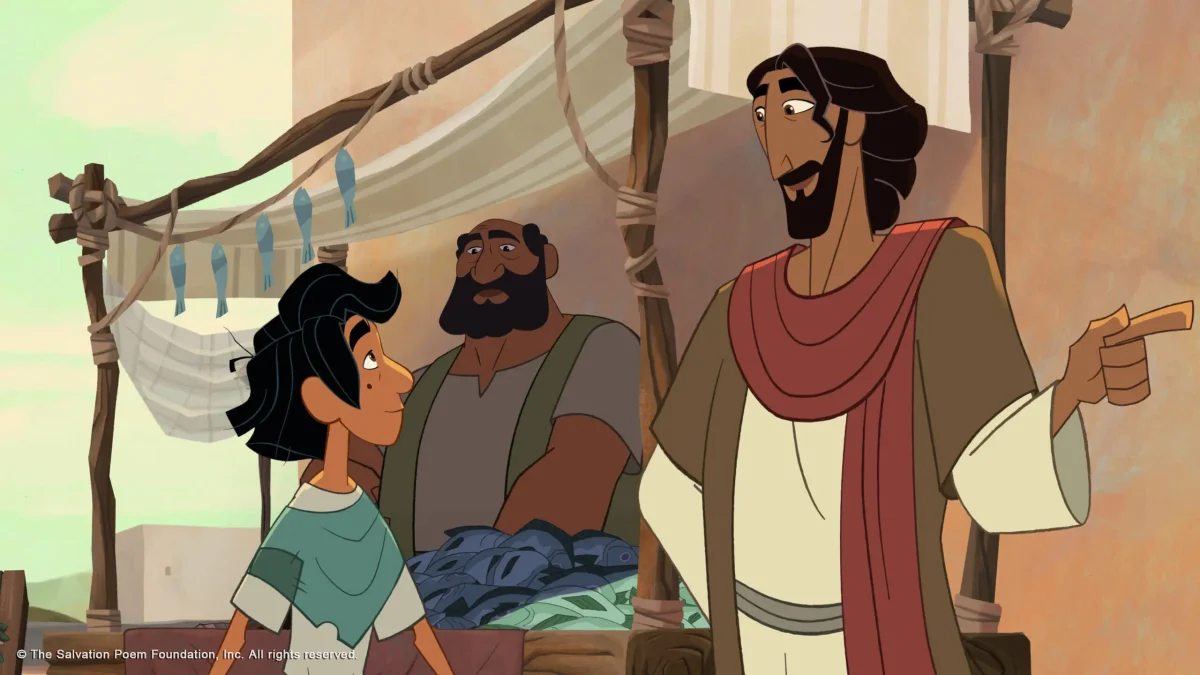Vampires have been a staple in filmmaking almost since its very inception. First appearing in 1913’s “The Vampire,” they gained notoriety with 1922’s German classic “Nosferatu” and Bela Lugosi’s memorable turn in 1931’s “Dracula.” Fast forward 70 plus years and they continue to be a lucrative part of pop culture, as the recent “Blade” and “Underworld” films can attest. “30 Days Of Night” looks to capitalize on this popularity, offering its own spin on the vampire mythos.
Based on the graphic novel by Steve Niles, it appears to have more in common with zombie films like “28 Days Later” or the “Dawn Of The Dead” remake than typical vampire fare. Here the vampires strike fast as lightening, inflicting with brutal and lethal precision. Despite their ferocity, they never come across as terribly menacing, and their leader — a hardly recognizable Danny Huston — speaks in a foreign tongue more weird than frightening.
The aesthetic look of the vampires also seems plain and unimaginative — far from the drastic change the previously listed films elicited. Ultimately, these vampires are rather uninteresting, as we learn very little about either their history or who they are. It might have been more effective if nothing was known about them at all, and focus was solely on the humans instead of this half-hearted attempt at both.
Director David Slade, who previously helmed the indie gem “Hard Candy,” is better off handling human characters. He sets things up efficiently, following the townspeople of Barrow, Ala., the northernmost settlement in the United States, as they prepare for a month without sunlight. In the meantime, Sheriff Eben Oleson (Josh Hartnett) investigates a series of peculiar criminal activity — a burned pile of cell phones and the butchering of sled dogs — and his estranged spouse (Melissa George) misses the last flight out, leaving her stuck in Barrow.
Eben tracks the crimes to a mysterious stranger (Ben Foster), who appears out of his mind when he declares this is just a taste of what is to come. As it turns out, a host of vampires soon attack the unsuspecting town, quickly taking out the power plant before exterminating the civilians one by one.
Foster, who already delivered a breakout performance this year in last month’s “3:10 To Yuma,” steals the show once again. His mannerisms engender a wildness and unpredictability that make him both imposing and pathetic, made all the more bizarre when we discover it is part of his plan to get turned into a vampire. It’s a shame he’s given too little screen time to show off more of his talents.
Hartnett and George make for slightly above average horror leads. Of the two, Hartnett fares the best, playing the role of the heroic sheriff well but not as convincing when it comes to the darker aspects of the character. On the other hand, George is given a much more routine role and, though the relationship between the two is predictable from the outset, manages to avoid turning into a hapless heroine.
Perhaps the film’s strongest element is its setting, as the isolated and harsh climate suit the story perfectly. The film does a nice job of capturing the desolate atmosphere but is often reduced to watching the group of survivors scurry from house to house to avoid the vampires, which soon grows tiresome.
When the big showdown finally arrives after 30 days — though it never actually feels a whole month has expired — its small scale is a letdown, especially when the logic begins to border on the absurd. The concluding scene also plays cornier then I’m sure was intended, falling short of the touching moment the writers were obviously striving for.
In the overall vampire spectrum, “30 Days Of Night” lies somewhere in the middle. While it does look cool and features pretty good acting, when it comes to the actual vampires themselves, it disappoints. In the end, what could have been a shot in the arm to the genre turns out only to be a mild punch.






